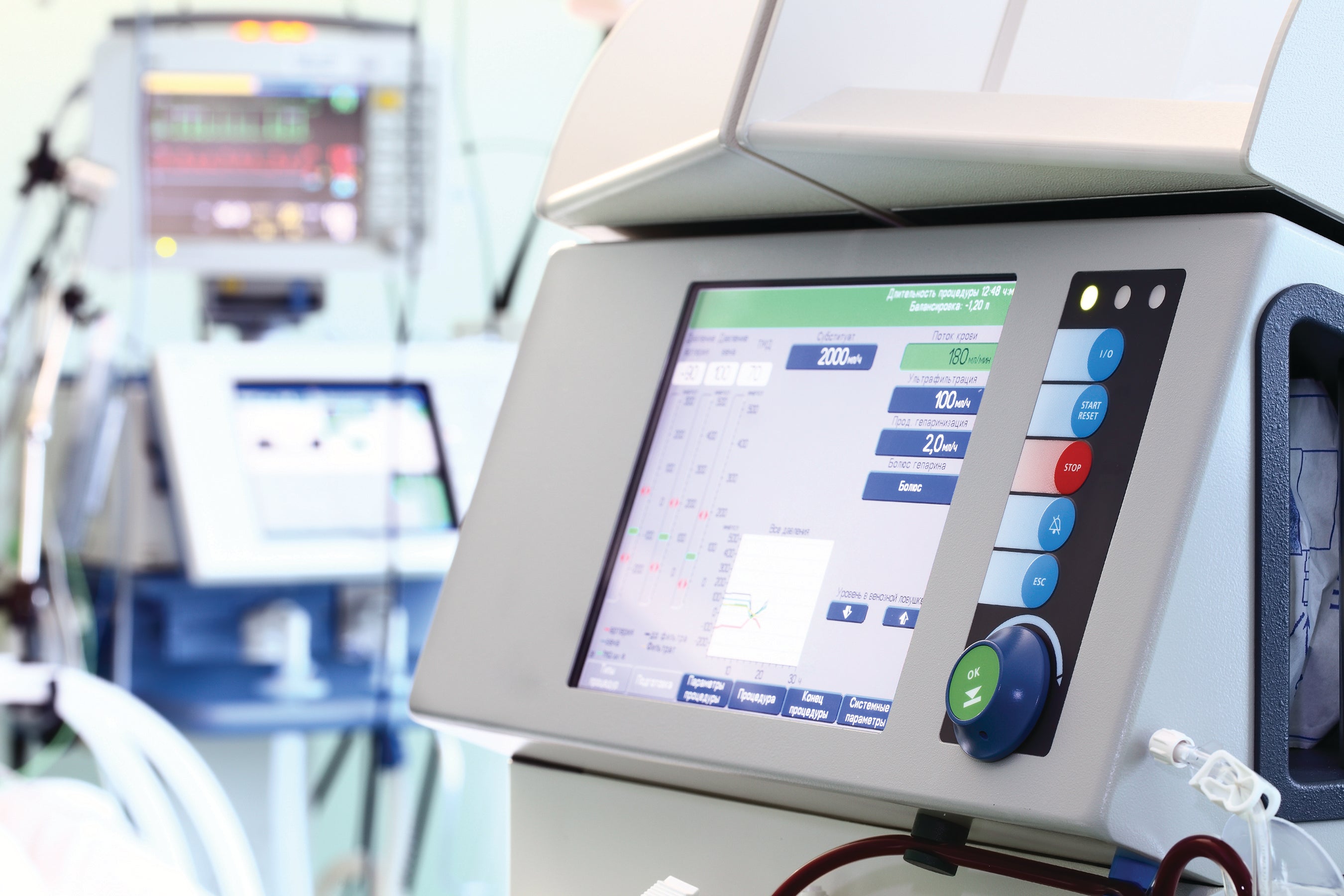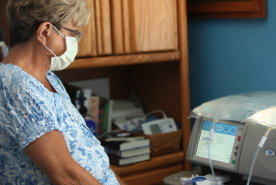January 26, 2017
<div>When it comes to your care, you have many rights and options. Here are our Top 10 Tips for those on dialysis.</div>
1. You have treatment options.
Options exist for how, where and when you dialyze. There are different types of dialysis – peritoneal and hemodialysis. Dialysis can be done in a hospital, in a dialysis unit, or at home. Work with your healthcare team to choose a treatment that makes you feel comfortable, and ask them if another type of treatment might be better for you.
2. Compare in-center dialysis facilities online.
Information on more than 5,600 U.S. dialysis centers is available online through the “Dialysis Facility Compare” website. You can compare different facilities based on geography, quality, hours available and other features.
3. You can plan ahead for an emergency.
Ask your dialysis facility about the emergency plan in case of a snowstorm, fire, power outage or other natural disasters. Make sure you have the names, locations and phone numbers of other dialysis units and hospitals in your area. If you dialyze at home, make sure you have at least two weeks’ worth of unexpired supplies on hand. If you have to miss a dialysis treatment, begin your emergency meal plan. See additional resources about preparing for emergencies, along with a grocery list and meal plan for a 3-day emergency diet.
4. There is an easy way to transfer medical records between clinics.
There is an easy, secure way for your healthcare team to transfer your treatment records through the CROWNWeb. For example, if you’ve been admitted to the hospital, or if you needed to relocate during an emergency evacuation, your doctors and healthcare team can access up-to-date information about your dialysis so that you continue to receive appropriate care no matter where you are.
5. You can travel.
Dialysis centers are located in many places around the U.S. and internationally, so there’s no reason to stay put. It’s important, however, to plan ahead by making an appointment at a dialysis center in your destination before you leave. The staff at your center may be able to help you make these arrangements.
6. Be your own best advocate.
Know what key questions to ask your doctor or other healthcare professionals. Take notes so that you can refer to them later. Partner with your healthcare team and decide on a treatment plan together. Advocate for yourself and share how you’re feeling.
7. You have right and responsibilities.
You have a great deal of control over your treatments. The NKF’s “Dialysis Patients’ Bill of Rights and Responsibilities” can help you learn more about receiving quality care, privacy and your rights and responsibilities.
8. You can receive insurance coverage.
If you have end stage kidney failure, you are likely eligible for Medicare insurance coverage. Speak with your healthcare team and social worker for help with insurance paperwork.
9. You will need to follow a special diet.
When your kidneys are not working properly, you will need to change your diet and limit how much you drink. Although your diet may vary according to the type of dialysis you receive, dialysis patients typically need to limit sodium, phosphorus and potassium in their diet. It is important to speak with your kidney dietitian so that you are able to understand what you can and can’t eat.
10. Dialysis patients can work.
Many dialysis patients can go back to work or school after they get used to dialysis. After establishing a routine, many patients have more energy and find they can work around this new schedule. Some even find ways to work remotely using a laptop or cell phone, depending on their profession.










